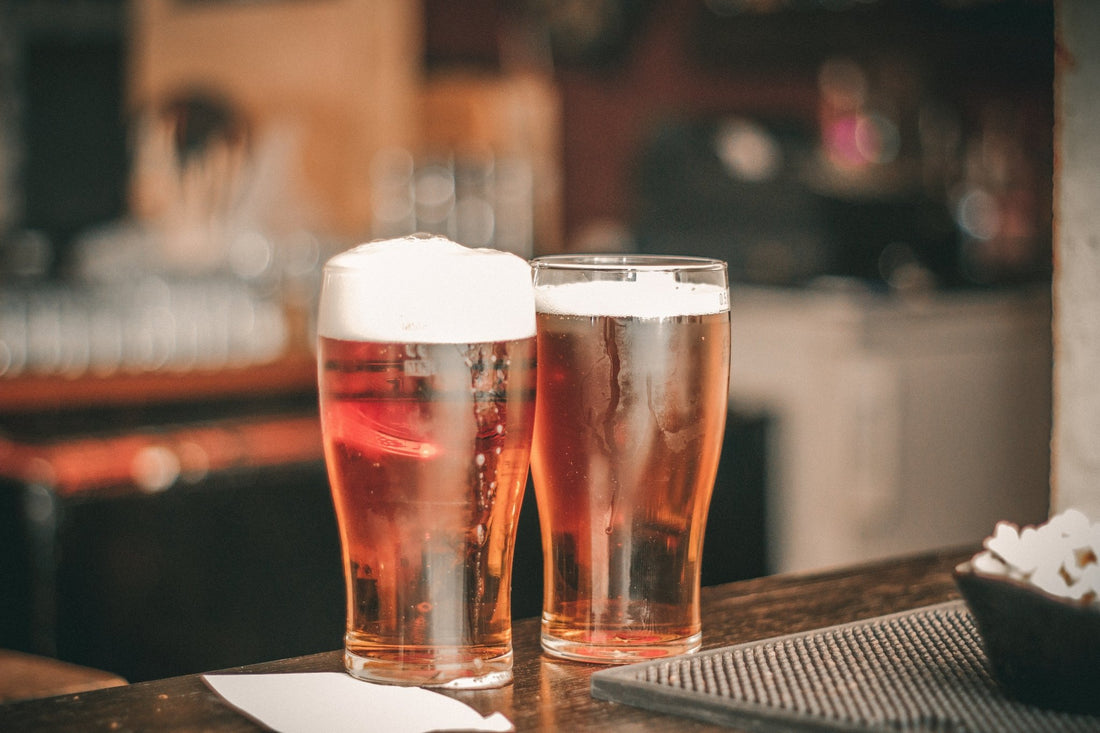
Avoid Alcohol Related Health Issues
With the majority of the population admittedly imbibing on alcoholic beverages regularly, overconsumption has become the norm. But how much is too much? Most likely, the only time that you get questioned about your alcohol consumption is by your doctor during an annual checkup, however; the United States Preventive Services Task Force believes that doctors aren’t taking enough action when it comes to both screening and counseling adults on unhealthy drinking.

In most cases, they brush the question aside, and fail to question what has become socially accepted. The updated guidelines provided by the task force states that the recommended limits of alcohol use are as follows: Men should drink no more than four drinks in a single day and no more than 14 drinks in a single week and women and older men (over 64) should have no more than three drinks in one day and no more than seven drinks in one week. The sad truth is that alcohol is responsible for 1 in 20 deaths globally and each and every one of these deaths could’ve been prevented. If you are still siding with alcohol use being beneficial to your health in any way, here are a few fun facts to keep in mind before you imbibe too much this holiday season…
Slurred speech. We’ve all had that family member or friend who repeatedly gets drunk at parties, only to be seen hunched over and talking nonsense. Beware of too much booze for fear of the slurred speech. Know your limits! ·
Cancer. Alcohol is filled with toxins, which have been linked to causing cancer of the esophagus, throat, and mouth. Breast cancer has also shown to be more common in women who drink excessively.
Fatigue. If you drink heavily, there is no doubt that you will feel drowsy. While some believe that a nightcap will do the trick for a good night’s sleep, the opposite is actually true. Alcohol raises the level of epinephrine, which is a stress hormone responsible for increasing the heart rate and stimulating the body. This, in turn, has a tendency to arouse you during the night, causing you to be more tired the next day.
Brain trouble. Heavy drinkers were found to have smaller frontal lobes than non-drinkers. This shrinkage of the brain affects the wiring that contributes to communication, which can slow the neuron connectivity down. This is also responsible for blackouts. Overconsumption can lead to a loss of memory from the evening before, leaving you with the frightening sense that you don’t know what you did before you went to bed.

